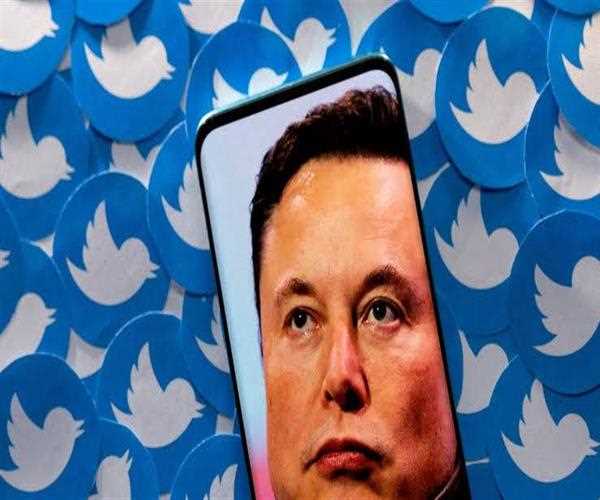
Top Twitter executives, including the CEO Parag Agrawal, are fired by Elon Musk.
Elon Musk, the influential social media platform's new owner, dismissed senior employees he had accused of lying to him and gave little indication of how he planned to achieve the lofty objectives he has set for it.
In addition to curbing censorship, Tesla's CEO has claimed that he wants to 'combat' spam bots on Twitter, make the algorithms that determine how content is presented to users public, and prevent the social media platform from becoming an echo chamber for hate and division.
But Mr. Musk hasn't been precise about how he plans to carry out all of this or who will head the business. The 7,500 or so Twitter employees are concerned about their future because he has said he plans to make job cuts.
People with knowledge of the matter claim that Mr. Musk fired Twitter's CFO Ned Segal, Head of Legal and Policy Vijaya Gadde, and CEO Parag Agrawal. Regarding the proliferation of phoney accounts on the social media platform, he had alleged that they had misled him and Twitter's investors.
With the $44 billion purchase, a remarkable tale that took many unexpected turns comes to an end, leaving some to wonder whether Mr. Musk would actually complete the transaction.
Then, the wealthiest man in the world agreed to join Twitter's board of directors, but he then changed his mind and suggested buying the business for $54.20 per share. Whether or if this was another of Musk's references to marijuana remained unclear to Twitter.
Later in April, after realising Mr. Musk's offer was genuine, the two parties reached an agreement at the amount he sought. This happened without completing any due diligence on the confidential information of the Company, as is customary in an acquisition.
In the following days and weeks, Mr. Musk started to have second thoughts. He voiced his displeasure that he believed Twitter's estimate of less than 5% of its monetizable daily active users for spam accounts was far too low. Then, according to his lawyers, Twitter disregarded his requests for information about the situation.
Due to the disagreement, Mr. Musk notified Twitter on July 8 that he was terminating their contract because Twitter had misled him over the bots and had not cooperated with him. Four days later, to push Mr. Musk to complete the sale, Twitter launched a lawsuit against him in Delaware, where the company is incorporated.
Concerns that the Federal Reserve's efforts to battle inflation by raising interest rates might force the U.S. economy to enter a recession had already caused shares of social media companies and the entire stock market to decline at that moment. According to Twitter, Mr. Musk was experiencing buyer's remorse and wished to terminate the contract because he felt he overpaid.
The majority of legal professionals believed that Twitter had the strongest defences and would likely prevail in court. Even after Peiter Zatko, the former security chief of Twitter, came forth as a whistleblower in August and claimed that the company had concealed security and privacy problems, their attitude remained the same.


